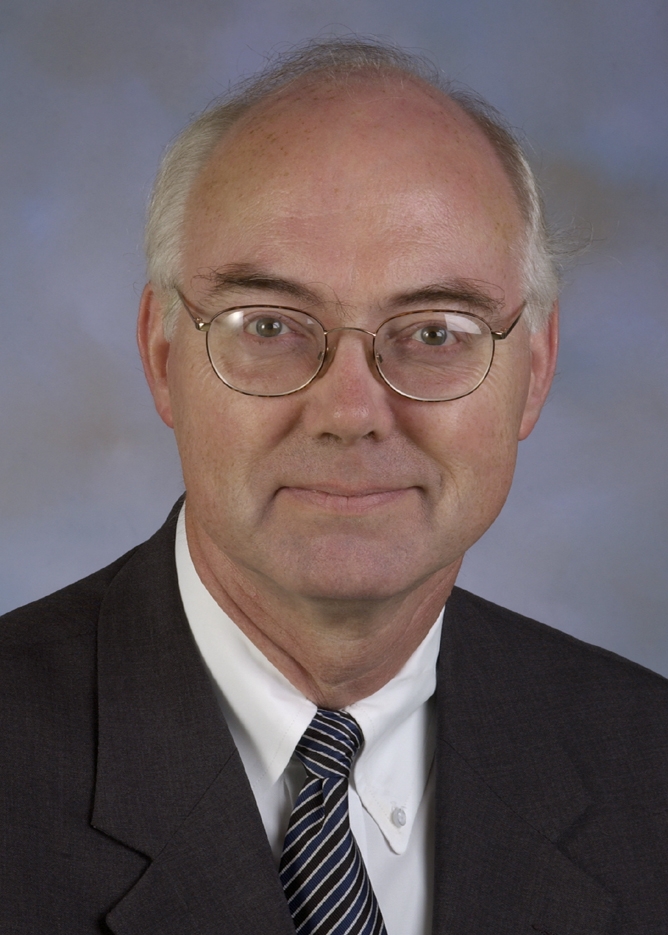Within the past week, the Nevada System of Higher Education Board of Regents has approved the recommendations of president search committees at Great Basin College in Elko, Nevada State College in Las Vegas, and the University of Nevada, Reno.

Marc Johnson , who has served as UNR's interim president since April 2011, assumed the presidency on April 20. He is receiving $246,427 in base pay, plus a $119,997 annual salary supplement provided by the UNR Foundation.

Bart J. Patterson, who has served as the interim president of NSC since November 2011, assumed the presidency on April 30. He received a three-year contract for $250,000 in base pay, plus an annual housing ($15,000), automobile ($8,000) and hosting ($5,000) allowance.
Mark A. Curtis, who is currently the vice president of academic and student affairs at Alpena Community College in Alpena, Mich., will assume the GBC presidency on July 1, 2012, with a three-year contract for $180,000 in base pay, plus an annual housing ($12,000), automobile ($8,000) and hosting ($5,000) allowance.